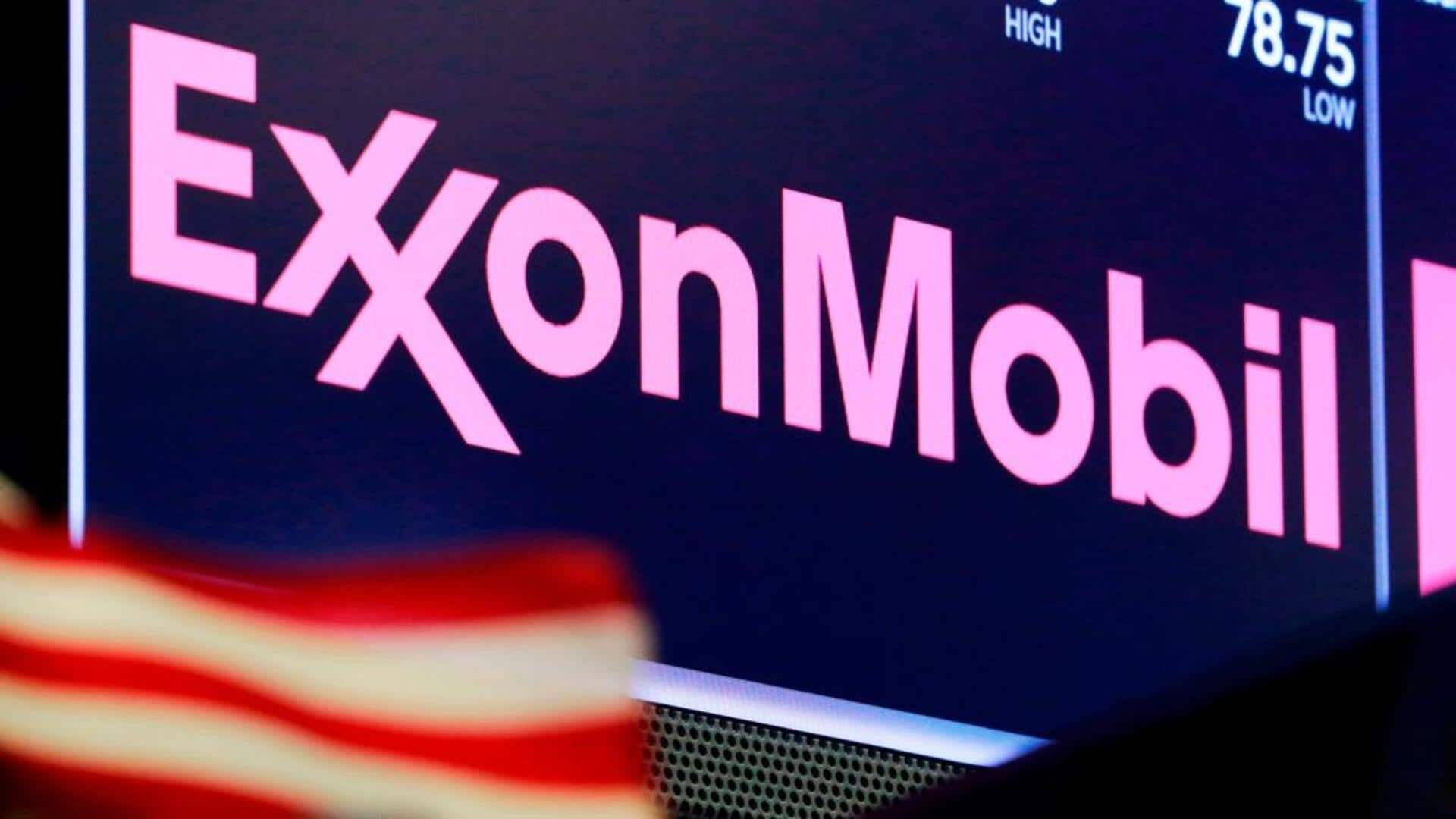
World's leading plastic producer sued for 'deceiving' public about recycling
What's the story
ExxonMobil, a global leader in single-use plastic production, is facing a lawsuit filed by the state of California. The suit alleges that the company has been misleading consumers about the effectiveness of plastic recycling for 50 years. According to California's attorney general's office, ExxonMobil has "deceived Californians for almost half a century by promising that recycling could and would solve the ever-growing plastic waste crisis." The lawsuit underscores the difficulty of reusing plastic, with a minimal amount ever being recycled.
Recycling reality
California's stance on plastic recycling
"For decades, ExxonMobil has been deceiving the public to convince us that plastic recycling could solve the plastic waste and pollution crisis when they clearly knew this wasn't possible," said Attorney General Rob Bonta. California is now seeking to hold industries accountable for the accumulation of plastic pollution in the environment, wildlife, and human bodies. Experts suggest that promoting recycling as a panacea for plastic waste could result in more trash.
Legal allegations
Investigation into petrochemical industry's role in pollution
The attorney general's office initiated an investigation into the petrochemical industry's contribution to the plastic "pollution crisis" in 2022. The lawsuit against ExxonMobil, filed this week, is based on new documents discovered during this investigation. The company is accused of violating state laws related to public nuisance, natural resources, water pollution, false advertising, and unfair competition through misleading marketing about recycling.
Waste statistics
Global plastic waste and recycling challenges
As of 2015, less than 10% of global plastic waste had been recycled, with nearly 80% of the world's total plastic waste ending up in landfills or polluting the environment. The recycling process often results in "downcycling" due to material quality degradation with each use. Devices made from recycled plastic usually need reinforcement with fresh plastic, making it more cost-effective for companies to use new materials instead of recycled ones.
Recycling debate
ExxonMobil's advanced recycling technology under scrutiny
The attorney general also criticized industry claims about "advanced" or chemical recycling, stating that most plastic waste processed through this method becomes fuel. The state alleges that plastics produced using ExxonMobil's "advanced recycling" technology contain such minimal amounts of used material that they are essentially new plastics. In response to these allegations, ExxonMobil shifted the blame onto California officials, accusing them of being aware of their ineffective recycling system for decades and failing to take action.
Pollution impact
Environmental impact of plastic pollution
Plastic's lightweight and easily transportable nature contributes to its environmental pollution. Once discarded, it disintegrates into microplastics that have polluted the world's oceans and been detected in everything from seafood to infant feces. Since 1985, approximately 21 million pounds of plastic trash has been gathered from California's beaches and waterways. Plastics, derived from fossil fuels, account for 4.5% of global greenhouse gas emissions — surpassing the climate pollution from worldwide shipping.